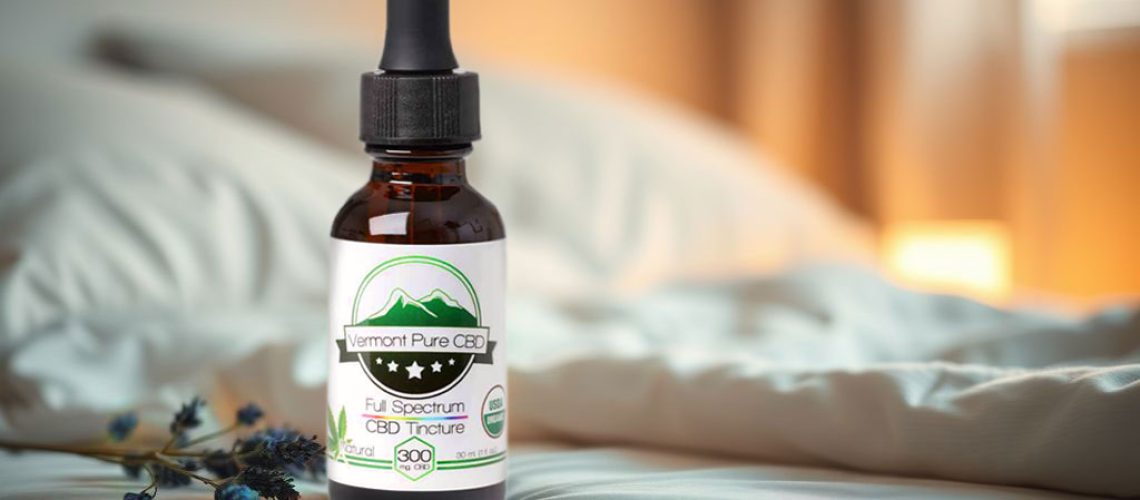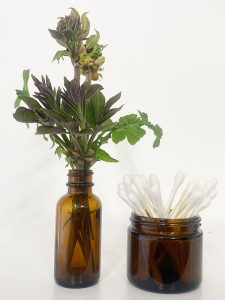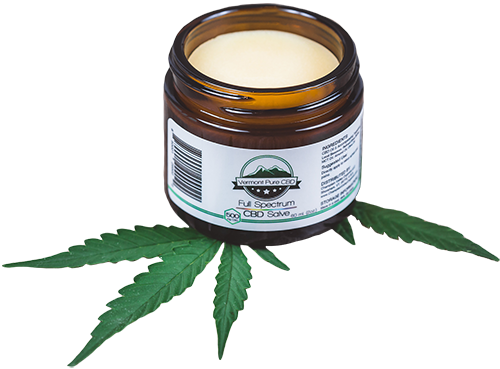Are you one of the millions of people struggling with sleep issues? Whether it’s falling asleep, staying asleep, or waking up feeling less than refreshed, poor sleep can have a significant impact on your quality of life. Thankfully, there’s a natural solution that’s been gaining attention for its potential to improve sleep quality — CBD.
At Vermont Pure CBD, we believe in the power of nature to support well-being, and we’re excited to dive into how CBD might just be the missing piece in your sleep routine.
What is CBD?
CBD, or cannabidiol, is a non-intoxicating compound found in the hemp plant. Unlike THC, the psychoactive compound in marijuana, CBD doesn’t get you “high.” Instead, it interacts with the body’s endocannabinoid system to help regulate various functions, including mood, stress, and sleep.
CBD is available in various forms, from oils and tinctures to capsules, gummies, and topicals. When it comes to sleep, many people find that CBD oil or tinctures are the most effective because they can be quickly absorbed into the bloodstream.
How Can CBD Help with Sleep?
CBD has gained popularity for its potential to enhance sleep, and research is beginning to back up this claim. Here’s how it might work:
Helps promotes Relaxation and Reduces Stress
- One of the most common reasons people have trouble sleeping is stress and anxiety. CBD may help reduce feelings of anxiety by interacting with receptors in the brain that regulate mood. By promoting relaxation, it can create the right conditions for falling asleep more easily.
Studies have shown that CBD can lower cortisol levels, the hormone responsible for stress. This may allow your body to wind down more effectively, especially before bedtime.
Can help Regulate Sleep-Wake Cycles
- The body has an internal clock known as the circadian rhythm, which regulates our sleep-wake cycles. CBD has been shown to support this rhythm, helping you feel more awake during the day and promoting deeper sleep at night. It’s especially beneficial for those who struggle with disruptions to their natural sleep patterns, such as shift workers or jet lag sufferers.
Can help alleviate Pain and Discomfort
- Chronic pain can be a major sleep disruptor. Whether it’s arthritis, muscle soreness, or back pain, discomfort can keep you tossing and turning throughout the night. CBD’s potential anti-inflammatory and analgesic properties may help reduce pain and allow for a more comfortable night’s sleep.
Can help improve Sleep Quality
- CBD may also improve the quality of your sleep. Research has suggested that CBD can increase slow-wave sleep — the deep, restorative phase of the sleep cycle. This means you can wake up feeling more refreshed and energized, instead of groggy and fatigued.
What Does the Research Say?
While CBD’s potential for sleep is promising, let’s take a closer look at some scientific studies:
- A 2018 study on CBD and its effects on REM sleep showed that CBD could decrease the frequency of nightmares in individuals suffering from post-traumatic stress disorder (PTSD), a condition that often disrupts sleep patterns (Karni et al., 2018).
- A 2019 study published in the journal Permanente Journal found that nearly 66% of participants who used CBD experienced improved sleep scores within the first month of use. The study also noted a significant reduction in anxiety levels, which is often a contributing factor to poor sleep (Shannon et al., 2019).
- A 2020 review in the Journal of Clinical Psychology analyzed several studies on CBD and sleep, concluding that CBD may help individuals with insomnia or other sleep disorders by improving sleep quality and duration (Babson et al., 2020).
How to Use CBD for Better Sleep
If you’re considering adding CBD to your nightly routine, here are a few tips for getting started:
Start Low, Go Slow
– Everyone’s body responds differently to CBD, so it’s important to start with a low dose and gradually increase until you find what works best for you. Many people start with 10-20 mg of CBD and adjust as needed.
Take It About 30-60 Minutes Before Bed
– CBD typically takes about 30 minutes to an hour to take effect, so try incorporating it into your pre-bedtime routine. Taking CBD about 30 minutes before bed can help signal to your body that it’s time to wind down.
Choose High-Quality CBD
– Not all CBD products are created equal. At Vermont Pure CBD, we pride ourselves on providing high-quality, full-spectrum CBD that’s grown and crafted in Vermont with care and transparency. We ensure our products are lab-tested for purity and potency, so you can rest easy knowing you’re getting the best possible CBD for sleep.
Vermont Pure CBD Products for Sleep
If you’re ready to experience the calming benefits of CBD for sleep, Vermont Pure CBD has a variety of options to choose from:
- CBD Oil Tinctures: A popular and fast-acting option for those looking to unwind before bed. Simply place under your tongue for quick absorption.
- CBD Capsules: If you prefer a pre-measured, easy-to-swallow option, our CBD capsules are an excellent choice for promoting relaxation before sleep.
Final Thoughts: Rest Easy with CBD
CBD isn’t a one-size-fits-all solution, but for many, it can be a valuable tool in the quest for better sleep. Whether you’re looking to reduce stress, improve sleep quality, or ease discomfort, CBD could be the natural aid you’ve been searching for.
As always, it’s best to consult with a healthcare professional before starting any new supplement, especially if you’re on other medications or have specific health concerns.
At Vermont Pure CBD, we’re committed to providing high-quality CBD products to support your well-being — because everyone deserves a good night’s sleep.
References:
- Karni, N., & Farkash, Y. (2018). “The effects of cannabidiol on sleep in patients with PTSD: A preliminary study.” Journal of Clinical Sleep Medicine, 14(3), 373-380.
- Shannon, S., & Opila-Lehman, J. (2019). “Cannabidiol in anxiety and sleep: A large case series.” Permanente Journal, 23, 18-083.
- Babson, K. A., & Boden, M. T. (2020). “Cannabidiol in the treatment of anxiety and sleep disturbance in patients with posttraumatic stress disorder.” Journal of Clinical Psychology, 76(6), 1137-1147.






